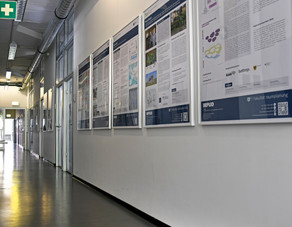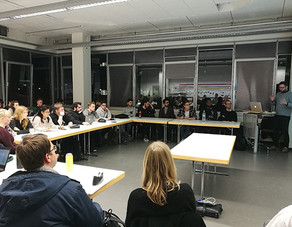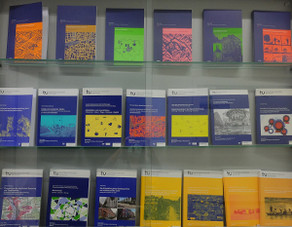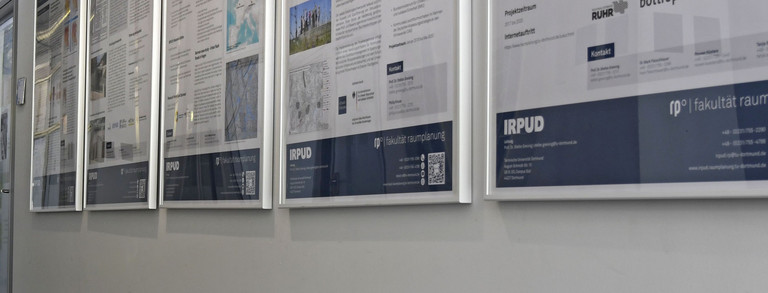Urban-Act and cities join forces for climate-sensitive urban development.
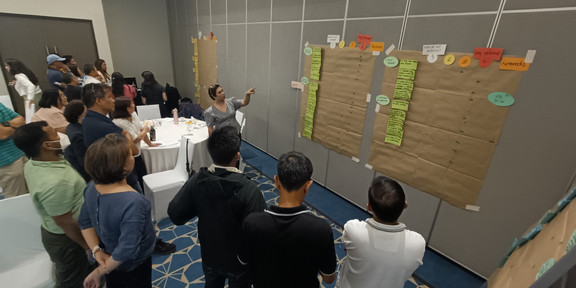
Starting with India (12-14 February), the Urban-Act project team made significant strides towards establishing cooperation on climate resilience in Panaji city, Goa. The team held meetings with the CEO & MD of Imagine Panaji Smart City Development Ltd. (IPSCDL) and the Chief Town Planner, Goa, to discuss cooperation potential and assert our priorities in climate resilience development. Importantly, a one-day workshop on integrated urban climate resilience planning and indicator development was attended by key stakeholders from city and state governments, civil society, academia, and representatives from vulnerable groups. During the interactive brainstorming session, the stakeholders discussed the integrated climate-sensitive spatial planning framework for Panaji city from both horizontal and vertical directions as well as verified the relevant indicators for Panaji's vulnerability assessment. Moreover, the project team conducted the first test run of the household survey in order to derive feedback for improving its content and practicality before its official launch in June 2024.
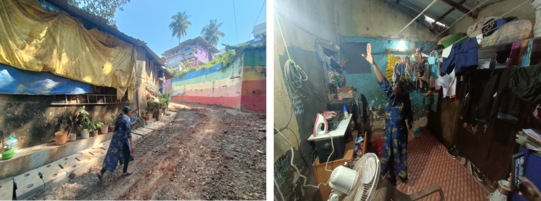
From Goa to the Philippines (19-23 February 2024) - The Urban-Act team initiated collaboration and exchange with the Philippines' Department of Transport (DoTr) regarding the development of an integrated transport planning tool for Bacolod City and its potential to be good practice for other metropolitan areas of the country. Splendidly, with close collaboration with the Bacolod city's City Planning and Development Office (CPDO), a 2-days workshop was successfully organised. Key potentials and concerns on integrated planning from the city's point of view were reflected and captured for tailoring the framework for integrated climate-sensitive urban development for the city of Bacolod. Moreover, planners and practitioners across the city's departments also played a decisive role in screening and verifying climate vulnerability indicators relevant to the context of Bacolod city. The project team bid farewell to Bacolod city with an excursion on the city's climate and disaster-related initiatives and projects in various parts of the city.

Circling to Thailand (28 February- 4 March 2024) – The project kicked off its implementation in Chiang Mai to key stakeholders from both city and provincial levels. Besides looking into city transport development and urban management projects, together with the national consortium partners, TU Dortmund and the University of Stuttgart had knowledge exchange sessions on climate-sensitive planning and integrated transport planning concepts and tools with Chiang Mai city municipality and Chiang Mai University, and Department of Public works, Town and Country Planning (DPT). Through mutual dialogue, a collaborative space for data exchange and research cooperation has been successfully established at both local and national levels.
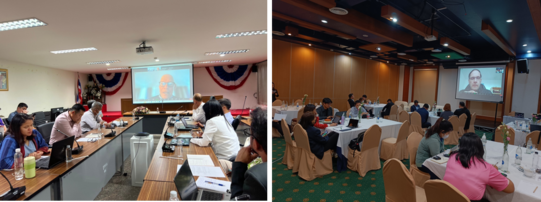
This field mission not only grants the project team the ability to strengthen a working network with local partners and stakeholders. The inputs received from workshops and meetings will be further utilised for analysing the integrated climate-sensitive spatial planning framework, finalising the concept & indicator framework of climate vulnerability assessment, conducting household surveys, and structuring the city-specific generic database for integrated transport and settlement planning tool. With a participatory-oriented approach, the results of these Urban-Act workstreams will be presented and discussed with the city partners and stakeholders during the next field mission planned in November 2024.



